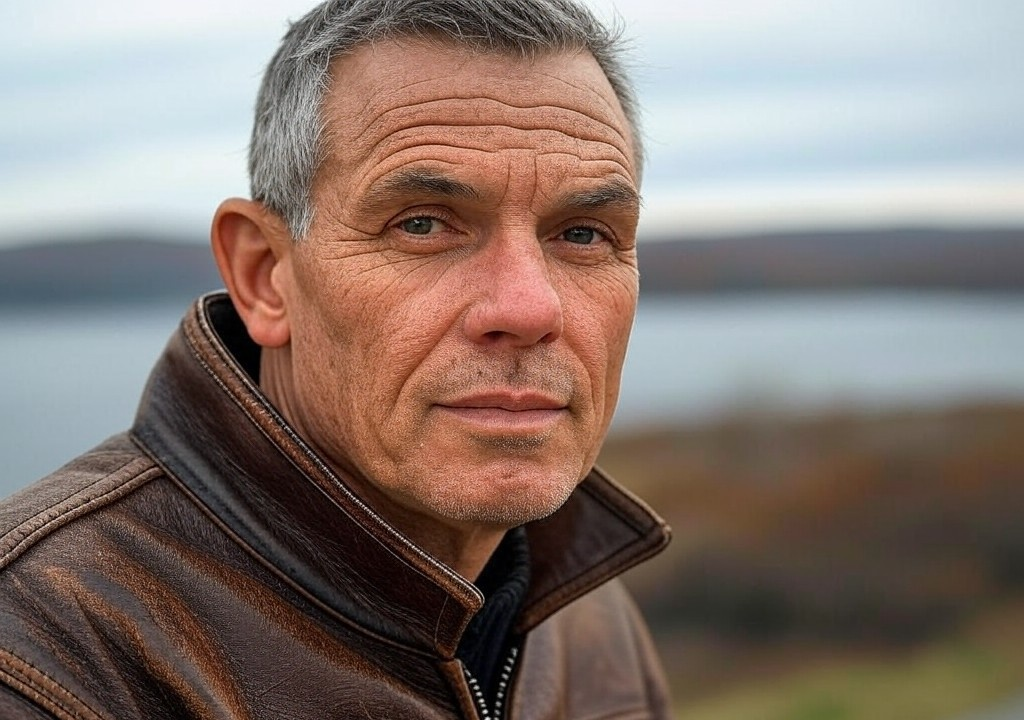I have a confession to make: I’ve spent most of my adult life in a complicated tango with my hometown in rural West Virginia. There are days when I wax poetic about its misty, soul-stirring mountains, and others when I’d gladly trade a summer of fireflies for better Wi-Fi and an espresso that doesn’t taste like it came from a gas station. Loving where you’re from is like loving a bad ex—it’s messy, nostalgic, and painfully familiar.
For me, home isn’t just a place; it’s a relationship. A complex one at that. Maybe you feel the same way about your hometown. One minute, you’re bragging about its charm to a stranger at a party, and the next, you’re furiously Googling job listings in any place that isn’t there. Let’s talk about it, shall we?
The Honeymoon Phase: Where Nostalgia Hooks Us
Home has a way of seducing you when you least expect it. Every Sunday afternoon smells like Mom’s cornbread, and you swear the cicadas are humming just for you. Nostalgia always softens the edges until what once annoyed you feels like an inside joke you share with yourself.
Growing up, I used to roll my eyes at the uncle who’d sit in a rocking chair on my granny’s porch, spinning tales about how he once “got lost for three whole hours” picking blackberries in the hills behind our house. Today, those stories feel sacred, like little time capsules of something I didn’t know I’d miss until I moved away.
Then there’s the scenery—God, the mountains. West Virginia isn’t just breathtaking; it’s defiant. The landscape has this stubborn beauty that says, “You can try to leave me, but you’ll always miss me.” And it’s true—those mornings when the fog hugs the hills like an old friend? They stay with you. Even in Los Angeles, surrounded by palm trees and nightmarish traffic, I’d close my eyes and picture the New River Gorge in autumn.
It’s the memories that hit the hardest. They creep up on you when you’re least prepared—pulling sweet punches that leave you both smiling and aching for things you can’t quite articulate. For me, it’s the sound of gravel crunching under pickup tires or the way the air tastes like woodsmoke in October. It’s home, and yet…
The Reality Check: When Home Feels Too Small
Here’s the thing nobody tells you: loving where you’re from doesn’t mean you’re obligated to stay. For a long time, I thought choosing the city over the country made me, I don’t know, ungrateful. I carried the guilt around like a jury summons I refused to open. How could I turn my back on a place that gave me so much?
But home, much like a relationship, can sometimes feel suffocating. I wanted more than the same three bars playing the same Lynyrd Skynyrd covers every Friday night. I wanted…options. Art galleries, fusion tacos, bookstores where the staff judges you for buying James Patterson instead of Joyce. And yeah, I wanted better dating odds than someone I vaguely remembered from junior prom whose Facebook profile included the phrase “God, Guns, Trump, and Trump Again.”
After college, I moved as far as I could without straight-up fleeing the country—Los Angeles. It was intoxicating and overwhelming, a neon fever dream of sushi burritos and rooftop gatherings where phrases like “vintage filter” were employed unironically. For six years, I was someone else entirely: James Harrington, writer-slash-wildly-out-of-place-Appalachian turned adopted Angeleno.
It was liberating to be anonymous, to live somewhere big enough that my history didn’t precede me. But here’s the catch: anonymity has a shelf life. After a while, I missed walking into a room and seeing familiar faces—people who knew my quirks, who remembered that time I accidentally hit a turkey with my bike (long story). The further I got from West Virginia, the more I missed the connectedness of it, even if that connectedness sometimes felt like gossip’s ugly stepchild.
Dating Your Hometown: Swipe Right or Ghost?
Here’s where things get tricky. Just like when you’re weighing whether to text that old flame who “wasn’t all bad,” revisiting your roots means asking some hard questions: What’s worth holding on to? What’s better left in the past? Is it even possible to return without slipping back into old patterns?
When I moved to Maine (a compromise between mountains and the ocean, thank you very much), I started to see home in a new light. People here are small-town friendly with an edge—less moonshine and banjos, more seafood and knit scarves. I noticed the parallels: the intrinsic pride in local crafts, the peculiar humor that only grows in tight-knit communities. It was comforting, even if it wasn’t exactly the same.
That’s the thing about loving where you’re from. You don’t have to physically be there to carry it with you. West Virginia is in my cadence, my choice to hold the door for strangers, my stubborn optimism. I may have outgrown parts of it, but its fingerprints are on everything I do, from how I grill a steak to how I tell a story.
Making Peace with Home
So, what do you do if your relationship with your hometown is a toxic love letter you can’t stop rereading? Here’s a little advice I wish someone had given me:
- Take the good stuff with you. Loving home doesn’t mean you have to live there. Keep the traditions, values, and quirks that make you who you are, and let geography become a detail—not a chain.
- Give it new context. West Virginia taught me to appreciate silence and stars, but California taught me that silence is better with a glass of good wine. Find ways to blend what you love from home with what you’ve discovered elsewhere.
- Let go of the guilt. Moving away doesn’t mean you’ve betrayed anyone or anything. It just means you’re growing. And hey, roots grow deeper when they stretch.
In the end, home is less about a place and more about a sense of belonging. It’s the people you meet, the lessons you carry, the memories you honor and reshape. Sure, I still roll my eyes when I visit and see someone drive their tractor to the grocery store, but I also feel weirdly comforted by it. Like home knows all my contradictions and loves me anyway.
Maybe what I’ve really learned is this: You can hate home and love it at the same time, and that’s okay. It’s not supposed to be perfect. Home is a starting point, not a finale. The mountains will always be there, standing tall, stubborn, and beautiful—just like the version of me they helped create.




















